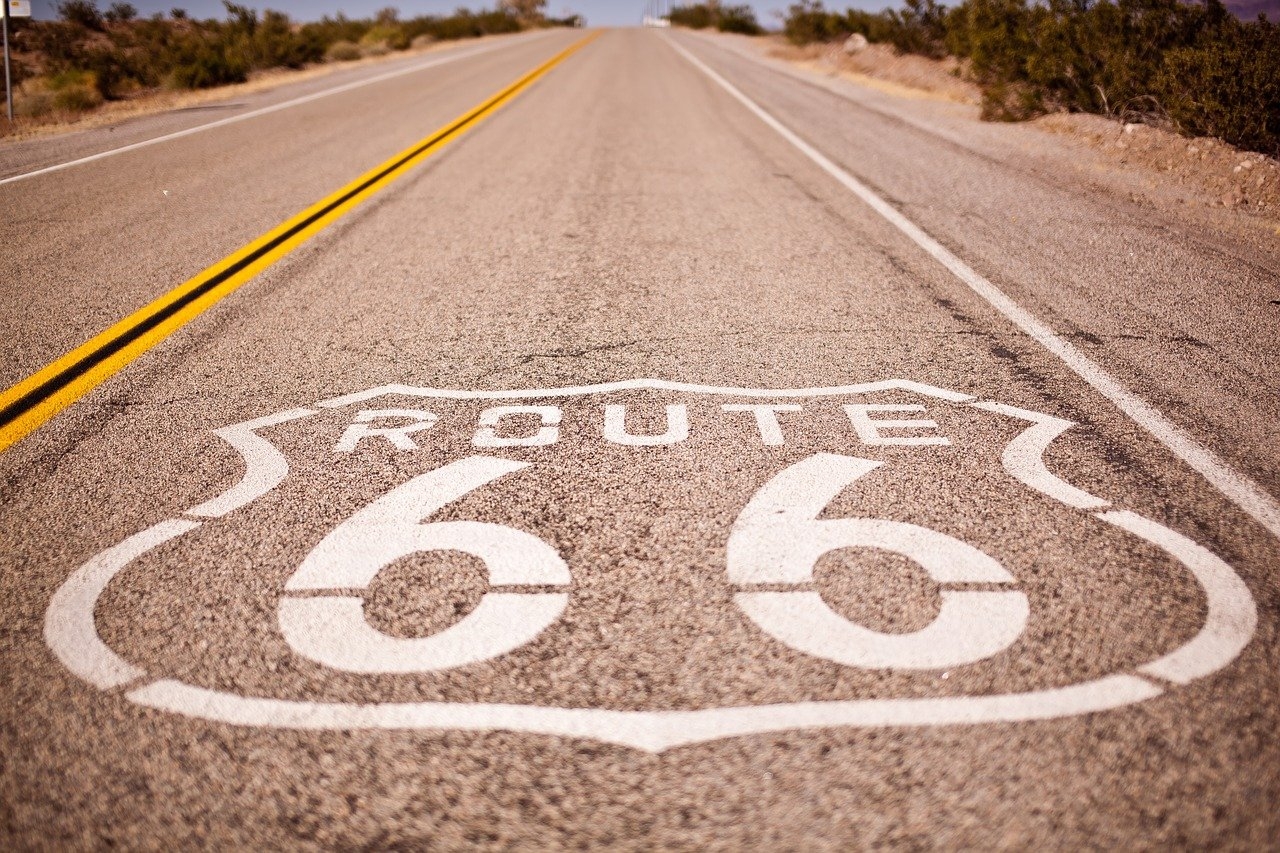California is leading the country in COVID litigation which consists of a number of different claims
With respect to the COVID pandemic, California is the leading state for litigation, with only New York State within reach. The next closest, Florida, has less than half of the cases filed. This should serve as a reminder that in this litigious state, businesses must remain vigilant in preventing the spread of COVID at the workplace.
The most frequent complaints filed with respect to COVID have been work-place exposure claims and claims for insurance recovery on business interruption policies. There has also been a sharp increase recently in cases filed related to employer vaccination mandates.
To date, employers have found it difficult to dispose of work place exposure claims. The various federal, state, and local guidance protocols on COVID prevention have led to a mishmash of recommendations, and courts have struggled to determine the scope of employer’s duty to protect employees. Some limitations are emerging, though. For example, in February of 2021, a California federal judge dismissed a lawsuit brought by a spouse attempting to hold her husband’s employer liable for her COVID infection. The judge held that California’s worker’s compensation law barred the wife’s claim, noting that the employer’s duty to provide a safe work environment is limited to the employer’s employees.

Notably, though, the Los Angeles Superior Court found itself defending a lawsuit stemming from the potential for COVID-19 exposures following the deaths of court employees. With even the courts themselves becoming defendants in COVID-19 related litigation, the threat of litigation stemming from COVID-19 is very real.
Most business interruption policies include specific exclusions for viruses/pandemics, as insurers became focused on the potential for significant claims stemming from viral outbreaks following the SARS pandemic in 2002. Many claims filed on policies with virus/pandemic exclusions have failed to be successful in the early stages of litigation.
Democratic State Administrations squared off throughout the country with conservative and religious organizations over the constitutionality of state health restrictions on gatherings and face coverings. The results of the litigation were mixed, though religious organizations realized great success at the U.S. Supreme Court in challenging limitations on religious gatherings.
Price gouging litigation was initiated by both consumers and state attorney’s generals against retail sellers. Such litigation was filed towards the beginning of the pandemic where there were severe shortages of basic items due to panic buying.
There was a significant amount of litigation related to travel cancellations and live event cancellations. Airlines, live event companies, hotels, and tour companies all found themselves defending actions. Some carriers, including Norwegian Air, successfully defended the claims, though consumers have thus far largely experienced success.
In addition to facing employee suits, hotels have also faced suits from travelers alleging a failure to take sufficient precautions to prevent their exposure.
Cruise Lines faced claims both with respect to cancellations and with regards to negligence in not taking sufficient precautions to prevent outbreaks on board at the outset of the pandemic.
A host of universities and private schools faced litigation for tuition refunds due to the move towards online learning. The schools were largely successful in beating back those suits.
Most recently litigation has been filed challenging employer vaccination mandates. These claims are relatively few in number in comparison to claims for personal injury, but reveal the reality that requiring employees be vaccinated is not a sure way to avoid COVID-19 workplace claims.
